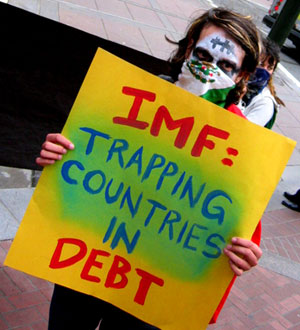Castel Malawi Limited, producers of alcoholic and non-alcoholic beverages, has announced a second phase of staff retrenchment.
The exercise comes four months after the company, which took over from Carlsberg Malawi Brewery, threatened to close its business in protest of high excise tax rate of 90 percent after failing to negotiate with Malawi Revenue Authority (MRA) on the matter.
The company had announced its planned retrenchment of 300 staff owing to the company’s struggling business.
However, in an internal communication dated September 30 2019 signed by the company’s director of human resources Naomi Nyirenda, Castel Malawi said all affected employees will be managed out on October 25 2019.
“The company shall, upon request, repatriate any affected employee to their registered homes within Malawi. The request for repatriation should be made within a period of three months from the date of retrenchments to avoid forfeiture,” reads the communication in part.
Castel had earlier indicated that in 2013 MRA confirmed the calculation of excise tax for alcoholic beverages based on 90 percent of production cost and in September 2018, MRA advised the company to start calculating excise tax based on ex-factory price production cost plus margin.
Further, the company said it tried to no avail to negotiate for a downward revision in the tax rate to a more realistic and fair rate as per the practice in Common Market for Eastern and Southern Africa (Comesa) and Southern African Development Community (Sadc) countries.
In his 2019/20 Budget Statement, Minister of Finance, Economic Planning and Development Joseph Mwanamvekha said to leverage the tax rates with regional comparable rate on malt beer and un-denatured spirits, government has reduced exercise tax on malt beer of tariff heading 22.03 from 90 percent to 65 percent.
However, Malawi Confederation of Chambers of Commerce and Industry (MCCCI) chief executive officer Chancellor Kaferapanjira observed that while the reduction of excise tax on malt beer gave the impression that the beer industry may be saved from becoming extinct, the new excise tax rate will continue to apply on production cost and not on sales revenue as government has been pondering.
He said: “It is estimated that if the base of taxation changes the producers will be paying 20 percent to 25 percent more taxes using the new tax rate. The confederation is actually concerned that government tends to act after some damage has taken place, instead of having listening ears on and be proactive. This is said in the context of retrenchment of staff that has already taken place.
“In an economy where virtually no new jobs are being created, government should do everything to save existing jobs and not see the bleeding before reacting.”
Castel Malawi is rated as one of the top 10 taxpayers in the country, contributing to the development of the economy for over 50 years and is also the number one taxpayer of import duties.
The company has a business network of over 100 000 stakeholders, customers, suppliers, distributor’s contractors, locally and internationally.




